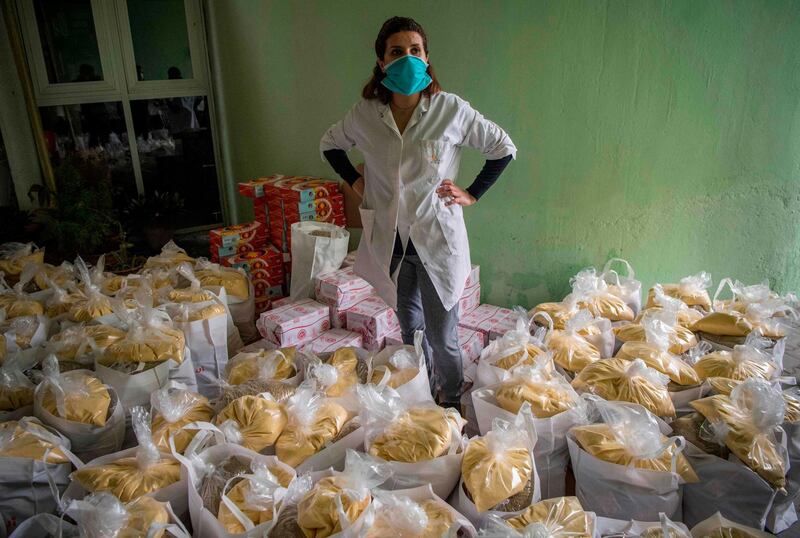The onslaught of the Covid-19 pandemic has gripped the world and indeed the Middle East and North Africa (Mena) region as governments try to slow the spread with varying degrees of success. The current restrictions on movement are largely accepted as necessary, despite the significant blow to the region’s economies. Much less understood, however, is the way in which the pandemic will play out for the region’s most vulnerable people and the civil society organisations that serve them directly.
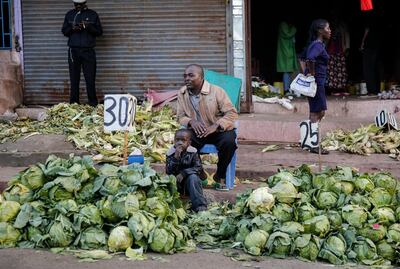
There is severe distress among refugees, low-income families and other vulnerable individuals as they struggle to survive without earning daily wages during the lockdown of the past few weeks.
READ Coronavirus: how AI identified the outbreak and alerted people before the UN
Record numbers have turned to small NGOs in their communities for cash assistance and vouchers for prescription drugs and food. Without additional support, NGOs and social enterprises in Mena are at risk of buckling under the pressure, just when they are needed most.
Civil society under pressure
For the few well-established NGOs that have pre-existing multi-year grants from international aid agencies or large foundations, there is some positive news: donors have been strategic and compassionate in working with the NGOs to repurpose funds and allow maximum flexibility to meet urgent needs.
While the demand outstrips their funding, they are still far better off than the majority of NGOs and social enterprises in the region that rely on individual donations, fundraising events and sale of their products and services.
With funding seeing a reduction and and cash flow falling short, it is impossible for NGOs to carry on with their critical programming, let alone address the surge in demand for relief.
The non-profit sector has always been able to rely on the generosity of individual donors and their own communities to manage year on year. But long before Covid-19, NGOs had exceeded their limits.
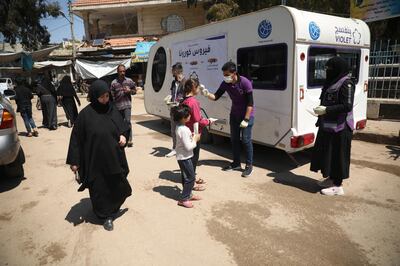
Persistent crises such as the long war in Syria and the weak economic and political conditions in countries like Lebanon and Iraq threatening total collapse of the governments have left the non-profit sector over-stretched and depleted.
NGOs now face an existential challenge. Unlike in developed countries like Canada and Australia, where government sponsored Covid-19 relief packages provide salary subsidies, grants and other benefits for non-profits, NGOs in Mena are struggling to maintain their staff and cover their basic operational expenses. This is not a new phenomenon.
READ 'True home is where our family is': NYU Abu Dhabi students create storybook for refugee children
The non-profit sector here depends on the generosity embedded in the region's culture. Yet, because the nature of giving is charitable and targets individual level beneficiaries, NGOs have never been able to invest in their capacity and financial sustainability that would have enabled them to withstand crises such as the coronavirus.
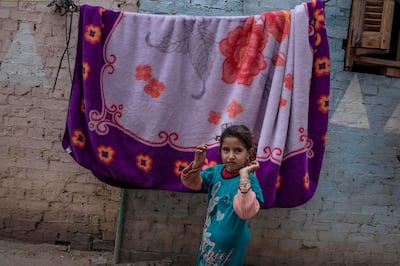
What NGOs need: a new approach and collective effort
Covid-19 makes it abundantly clear how important civil society is to Mena. In 2020, the region needs a new collective and innovative approach to supporting the non-profit sector, one that rises to meet the scale and magnitude of this pandemic.
Without a complete transformation to financing and supporting the vital work of local NGOs on the front lines in the most vulnerable communities, the region will not be able to stave off a potential humanitarian disaster.
Covid-19 is one of the biggest challenges to ever face Mena. While governments focus on reducing the spread of the disease and the pressure on the health sector, private individuals and corporations must do their part.
It is time for individual donations to be subsumed by collective effort. It is time for leading philanthropists and responsible corporations to team up with leaders from the non-profit sector. It is time to put their minds, financing, networks and technology to address the impact of the pandemic on the region’s most vulnerable people.
A collective effort is needed to provide funds urgently, massively scale up the capacity of NGOs and social enterprises by investing in up-skilling the non-profit workforce and digitising operations and services. This is needed so for them to survive this crisis and sustain themselves beyond it.
The good news is that several NGOs are actively working on upgrading their capacity. Some are moving their education programs for refugee children online, offering tutoring and support through WhatsApp. Others have launched online crowd-funding campaigns to raise money for hygiene kits and food.
But such short-term measures are insufficient. In order to sustain non-profit services and meet the needs of their beneficiaries, NGOs need a sustainable source of funding.
Their staff need to be trained to work together remotely. They need to be taught to facilitate learning, provide counselling online and know how to run their marketing and fundraising digitally.
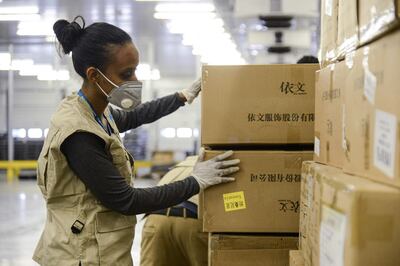
While individuals, foundations and corporations should provide cash aid as a first priority, there is also a great need for in-kind donations in the form of skills transfer and products.
Corporations, for example, could donate computers and software. They could reduce costs for mobile services and loan their staff to work on solving critical immediate challenges, such as transferring from cash payments to mobile payments for their un-bankable beneficiaries.
Once the crisis subsides, the private and non-profit sectors must then turn to the bigger issue of partnering to address the matter of investing in the sustainability of NGOs and social enterprises. Together, they can begin to develop new financing mechanisms and outcome-based financing models.
For their part, NGOs must recognise that they must begin transforming their organisations even as they are responding to the immediate fallout of Covid-19.
READ Lebanon's spike in lockdown domestic violence cases reveals a legal system left wanting
Out of necessity, long overdue changes must be implemented quickly and with the same urgency given to serving their beneficiaries. Without those changes, they may not be relevant.
From Iraq to Sudan, local NGOs are the only lifeline for millions of Arabs – orphans, refugees, elderly, people with disabilities, widows, and the unemployed.
If the Mena region is to have a chance to withstand the damage of Covid-19, beyond the immediate health concerns, it has to transform the way it supports the non-profit sector now.
Maysa Jalbout is a visiting scholar and special advisor on the UN Sustainable Development Goals at MIT and ASU, non-resident fellow at the Brookings Institution and senior fellow at the Issam Fares Institute at AUB
